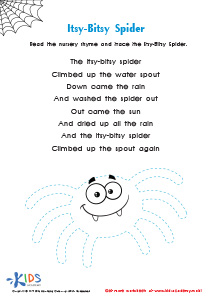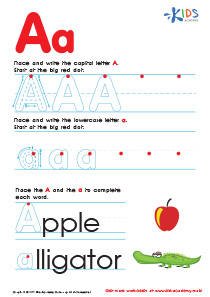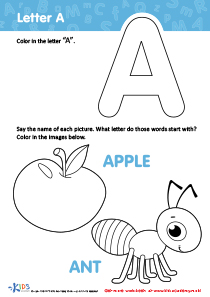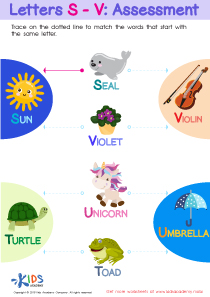Normal Logic and Early Math Quizzes for Ages 4-5
12 results
12 filtered results
Clear all filters12 filtered results
-
From - To
Introducing our "Normal Logic and Early Math for Ages 4-5" interactive assessment quizzes, specifically crafted to nurture the budding intellects of young learners. Tailored for children aged 4 to 5, this engaging series of quizzes is designed to evaluate and enhance their foundational understanding of logic and early mathematical concepts. Each quiz delivers instant feedback, encouraging learners to grasp basic logic and numerical skills through a playful, interactive experience. Perfect for young minds eager to explore the realms of reasoning and mathematics, our Normal Logic and Early Math quizzes are the first step towards a lifelong journey of learning and discovery.
In today's rapidly evolving educational landscape, the importance of laying a strong foundation in logic and early math for young learners cannot be overstressed. Our Normal Logic and Early Math program, specifically designed for Ages 4-5, stands as a testament to this fact, providing interactive quizzes that are not only engaging but also significantly beneficial to children in their studies.
At the tender ages of four and five, children are at a crucial stage of cognitive development. It is at this point that they begin to understand the world around them through patterns, numbers, and logical reasoning. Our Normal Logic and Early Math quizzes for Ages 4-5 are tailored to nurture these budding skills in a fun and interactive environment. The quizzes are developed with young learners in mind, ensuring that they are accessible, age-appropriate, and, most importantly, enjoyable.
One of the key benefits of our Normal Logic and Early Math quizzes is the enhancement of problem-solving skills. Through a series of carefully crafted questions and scenarios, children are encouraged to think critically and arrive at solutions on their own. This not only bolsters their logical thinking abilities but also instills a sense of confidence in their problem-solving capabilities. By facing and overcoming these challenges, children learn to approach problems with a positive attitude, a skill that will benefit them throughout their academic journey and beyond.
Furthermore, our interactive quizzes serve as an excellent primer for early mathematical concepts. From basic counting to understanding shapes and patterns, these quizzes lay a solid groundwork for more advanced mathematical learning. By engaging with the material in an interactive format, children are more likely to retain the information, making the transition to formal math education smoother and less intimidating.
Another significant advantage of the Normal Logic and Early Math quizzes is the development of concentration and attention span. The interactive nature of the quizzes, combined with the colorful and engaging visuals, captures the interest of young learners, encouraging them to focus on the task at hand. This enhanced ability to concentrate is a critical skill that will benefit children not only in their studies but in various aspects of their lives.
Moreover, our quizzes are designed to be adaptive, providing immediate feedback that is crucial for learning. This instant feedback mechanism helps children understand the concepts being taught and correct any misconceptions in real-time. It also allows parents and educators to monitor the child's progress and identify areas that may require additional support.
In conclusion, our Normal Logic and Early Math quizzes for Ages 4-5 are a valuable tool in the educational development of young children. By combining interactive learning with fundamental concepts in logic and early math, we are not only helping children excel in their studies but also equipping them with critical thinking and problem-solving skills that will serve them well throughout their lives. Engaging, educational, and effective, these quizzes represent a significant step forward in early childhood education, ensuring that our youngest learners are on the path to success from the very start.











